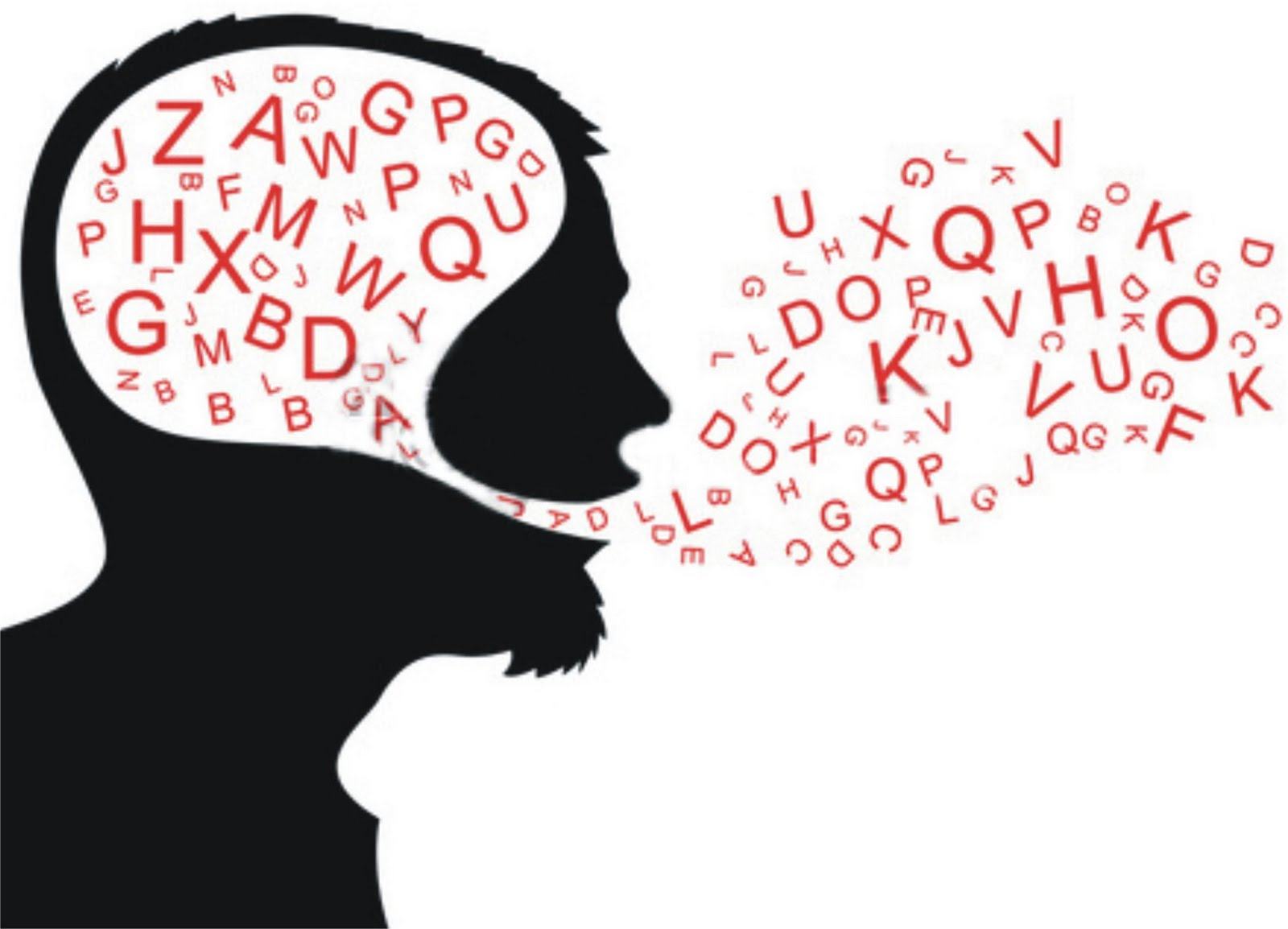
God gave you two ears and one mouth for a reason,” the saying goes. The ability to listen is an essential life skill. Counselors tell us to listen to each other. Spiritual leaders tell us to listen to God. But hardly anyone says, “Listen to yourself.” I’m not suggesting that we have an inner voice that always knows the right thing to say. Nor am I saying we should listen to ourselves instead of to God and others. I’m suggesting that we need to listen to ourselves in order to learn how others might be receiving our words.

The Israelites could have used this advice when Moses was leading them
out of Egypt. Within days of their miraculous deliverance, they were
complaining (Ex. 16:2). Although their need for food was legitimate, their way
of expressing the need was not (v.3).

Whenever we speak out of fear, anger, ignorance, or pride—even if what we say is true—those who listen will hear more than our words. They hear emotion. But they don’t know whether the emotion comes from love and concern or disdain and disrespect, so we risk misunderstanding. If we listen to ourselves before speaking out loud, we can judge our hearts before our careless words harm others or sadden our God.

Words spoken rashly do more harm than good. (RBC)

